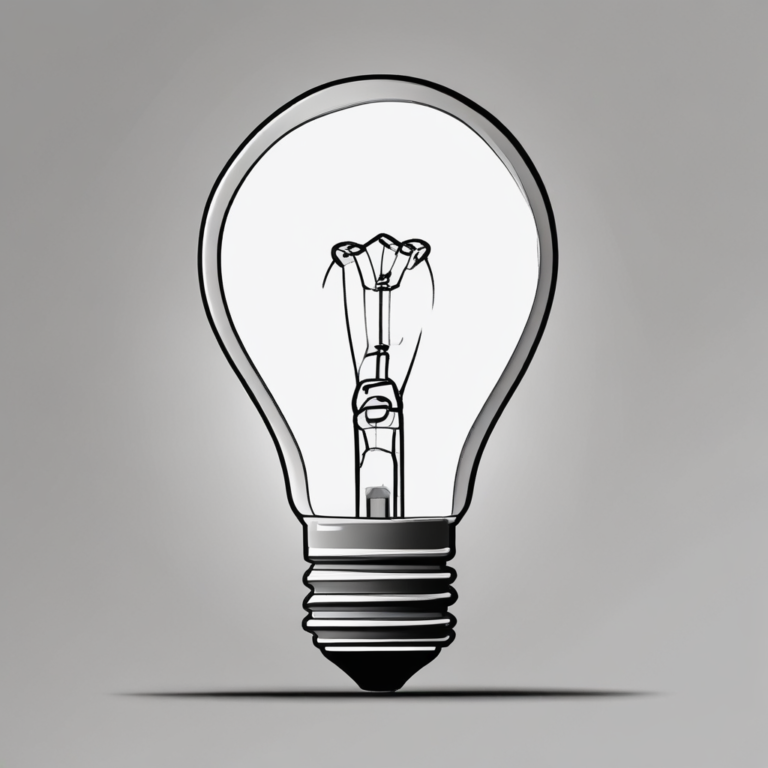Concerns Over EU AI Regulations
Executives from Google and Meta have raised significant concerns regarding the European Union’s stringent AI regulations, arguing that these rules threaten to limit innovation within the tech industry. Speaking at the Techarena tech conference in Stockholm, these leaders highlighted the various compliance requirements that may impede the rapid development and deployment of AI technologies.
Impacts of Compliance Requirements
Among the concerns expressed were the challenges posed by existing regulations like the GDPR (General Data Protection Regulation) and the proposed AI Act. These regulations, according to the executives, are not only complicating the launch of new products but also delaying critical advancements in AI technology.
Examples from Industry Leaders
Chris Yiu from Meta specifically mentioned the difficulties faced in bringing AI-powered Ray-Ban Meta glasses to market, attributing some of these challenges to the regulatory landscape. Similarly, Dorothy Chou from Google DeepMind pointed out that the AI Act was conceived before significant developments, such as ChatGPT, which have transformed the AI landscape.
The AI Act: A Double-Edged Sword
Originally proposed in 2021, the AI Act aims to regulate AI technologies within the EU. However, major tech firms argue that its implementation may stifle growth and innovation. The potential for these regulations to hinder progress raises questions about the future of Europe’s position in the global tech arena.
Calls for Regulatory Reform
In addition to the concerns raised by tech executives, European venture capitalists have echoed calls for regulatory reform. They advocate for simpler and more unified rules, suggesting the creation of a “28th regime” to streamline compliance. This approach is seen as a way to attract talent and foster a more conducive environment for technological advancement.
Conclusion
The ongoing dialogue regarding the EU’s regulatory approach to AI underscores a critical tension between maintaining robust protections and fostering an innovative tech ecosystem. As the landscape evolves, it remains to be seen how these regulations will adapt to the rapidly changing world of AI.









